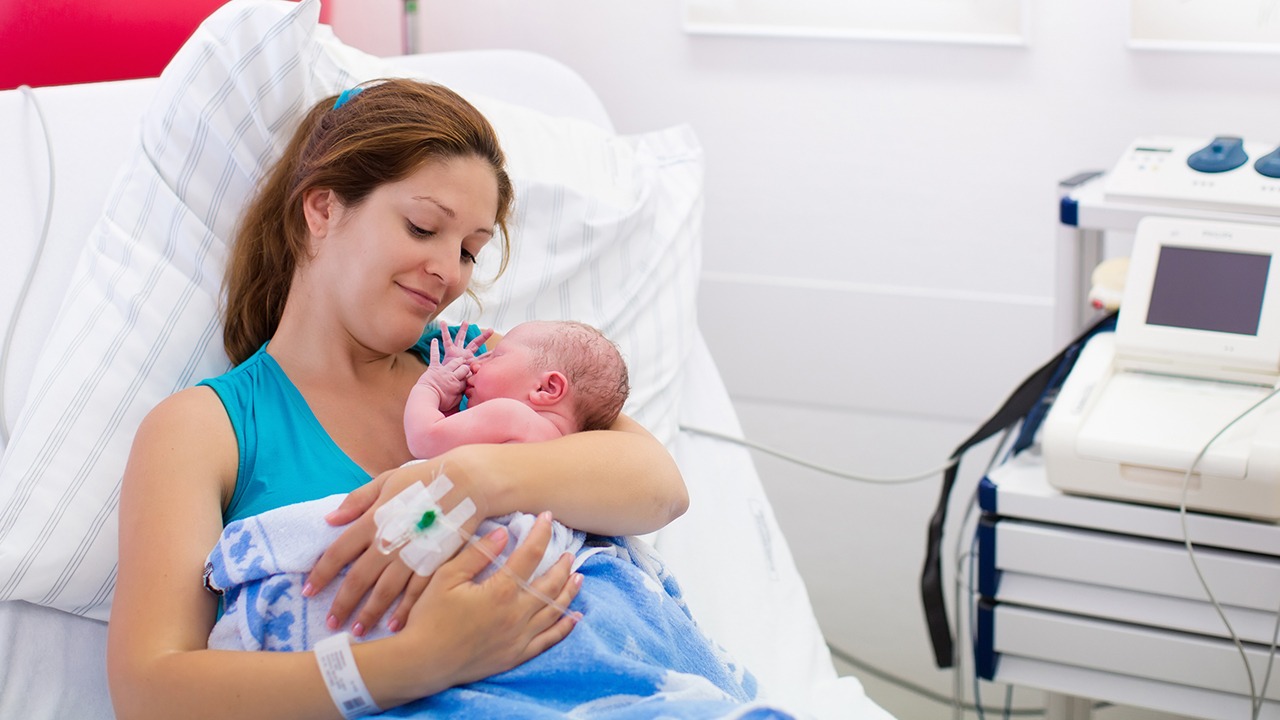Ectopic pregnancy is generally caused by gynecological inflammation or the fallopian tubes being too curved, thin, or long, leading to an abnormal pregnancy. In most cases, ectopic pregnancies must be terminated, and sometimes the fallopian tube may need to be removed. Many patients who have experienced an ectopic pregnancy become more cautious about getting pregnant again, especially after surgery, often feeling a sense of fear. So, how long after an ectopic pregnancy surgery can one conceive? What should be noted? After an ectopic pregnancy, it is usually recommended to wait at least six months before trying to conceive. This is because the uterus may be damaged during the surgery, making pregnancy at this time very risky. The uterus and fallopian tubes may sustain significant damage during the procedure, particularly the uterus. Conceiving before the reproductive system has fully recovered can be dangerous, potentially leading to uterine infertility. Not only is the risk of another ectopic pregnancy high, but even if pregnancy occurs, it can cause significant harm to the woman's body. Therefore, contraception is advised for at least six months after an ectopic pregnancy surgery to allow the body to gradually recover.

Additionally, it is important to undergo examinations to determine whether normal pregnancy conditions are present. In the case of a tubal pregnancy, generally, after one fallopian tube is removed, normal pregnancy is still possible. Women have two fallopian tubes, and after the affected tube is surgically removed, as long as the other tube is healthy and undamaged, there is still a chance of conceiving and giving birth. However, to prevent another ectopic pregnancy, it is essential to perform a hysterosalpingography (HSG) before attempting to conceive. This involves injecting a contrast agent into the uterine cavity and fallopian tubes through a catheter, using X-ray imaging to diagnose and capture images. The results show the specific patency of the fallopian tubes and pelvic cavity, and different treatment plans are adopted based on the findings. It is also important to avoid smoking and drinking, maintain a regular lifestyle, and pay attention to diet and nutrition. During the preparation for pregnancy, it is beneficial to consume foods such as chicken, lean pork, eggs, dairy products, beans, bean products, vegetables, and fruits.
























